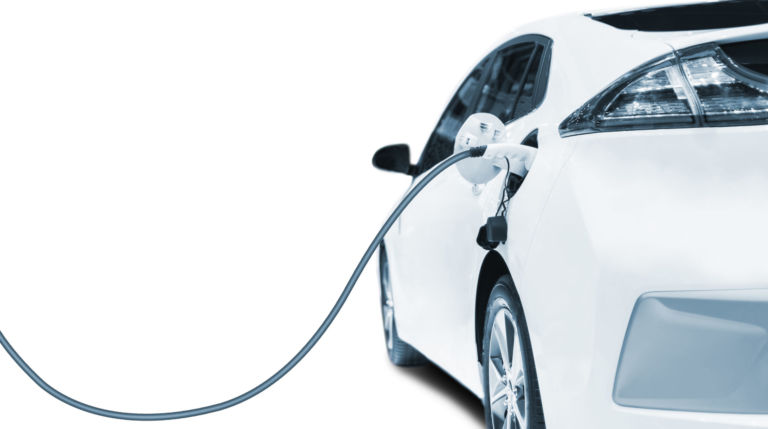Andrew Stuttaford of National Review Online reports more bad news about electric vehicles.
The failure of consumers to buy enough electric vehicles (EVs) to hit central planners’ targets is one reason that increasing efforts are being made to “encourage” them to switch over from traditional cars.
There are many reasons that EVs are, once relatively wealthy early adopters have bought theirs (typically making sure that they hang on to a spare traditional car — or two), struggling to find the hoped-for demand, but one of them is that they do not appear to hold their value.
Fortune:
“In the $1.2 trillion secondhand market, prices for battery-powered cars are falling faster than for their combustion-engine cousins. Buyers are shunning them due to a lack of subsidies, a desire to wait for better technology and continued shortfalls in charging infrastructures.”
Such are the difficulties that come with forcing a technology onto the mass market (the rise of Tesla is a different story) before either the technology or the supporting infrastructure is ready.
Fortune:
“Because most new vehicles in Europe are sold via leases, automakers and dealers who finance these transactions are trying to recover losses from plummeting valuations by raising borrowing costs. That’s hitting demand in some European markets that were in the vanguard of the shift away from fossil fuel-powered propulsion. Some of the biggest buyers of new cars, including rental firms, are cutting back on EV adoption because they’re losing money on resales, with Sixt SE dropping Tesla models from its fleet.” …
… Those are billions of dollars that will not be available to be invested in the EV production insisted on by a growing number of governments. The chances of auto bailouts in a few years are not, I suspect, remote. …
… “China offers a cautionary tale. Lucrative subsidies turned the country into an EV giant, but also produced weed-infested graveyards of abandoned battery-powered vehicles.”


